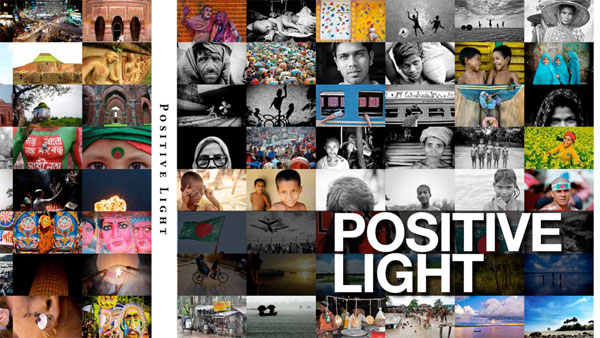
Visit our crowdfunding site — your support will help this fledgling project get off the ground.
Photography is many things. It?s a tool of fine art, an expression of scientific innovation and a vehicle of creativity. But ultimately, it is storytelling where photography harnesses its full potential. Because it is so powerful, it has also been used to stereotype people and meet certain agendas.
In our work at Drik, we are extremely sensitive to the way photography of Bangladesh has been used to propagate a western imperialist and colonial view of the world and more recently the developmental paradigm. But such perceptions actually represent a very narrow view of Bangladesh. The fact that it is a country rich in culture, art and heritage is something rarely heard of in the outside world. At Drik, we believe this perception stems from the monopoly on storytelling of the South that the West has had for so long. And it is local photographers who will challenge that most effectively.
This monopoly has led to many things. Bangladesh has a lot of NGOs and as a result the country is utterly steeped in a story of development. There is no way out of this, because a story of poverty fuels the need for welfare. One reinforces the other; perhaps one was made necessary for the other. We have been relegated to being an aid recipient, creating a patron-client relationship that is extremely worrying.
It has affected our work ethos and our attitude toward donors. While there is talk about ?partnership,? there are still a large amount of people in Bangladesh who shape things according to the development agenda without questioning the validity of it and whether or not it actually meets the needs of Bangladeshi people. Patronising storytelling has been damaging to the psyche and the economy.
There is an African saying that goes ?Until the lions find their storytellers, stories about hunting will always glorify the hunter.? And so I would like to remind our photographers: We have to be our own storytellers. We have to ensure we are sensitive and respectful of our subjects.
Those are the cardinal principles of the photographic process and at each stage we need to go back to those core principles and ensure there is humanity in the work we produce. Photographers need to be in control of the rest of process, including dissemination of those images. That is where Drik has made a central difference, not merely in terms of our pictures, but in terms of our politics, our activism and our social agenda.
And through that work, we have also been discovering a fuller picture of Bangladesh. There is a success story. Despite the problems, there have been some huge gains. If we look at Bangladesh?s economy, the heroes are the garment workers, the migrant workers and the farmers in the field. They?re the people who have kept the country alive and provided the thrust to the economy. The private sector has also played a good role despite the corruption. And so it is they who should be credited for the economic growth we have seen. Some of the new archaeological discoveries reveal an incredible unknown heritage. Who knew about a branch of the Silk Road running through Bangladesh, or the fact that 7th century BC Mesopotamian coins have been discovered here? This region was one of the cradles of civilisation.
We would like those stories to be told and we would like Bangladeshis to be telling those stories. And I believe this book is an integral part of that process.
The crowdsourcing project Positive Light itself relates to the process of self reliance. By freeing itself from corporate or donor funding, it no longer needs to propagate their agenda. This is a story of Bangladesh, the way Bangladeshis see it.
Shahidul Alam
Dhaka
About Positive Light:
Mikey Leung’s TEDxDhaka talk
4 thoughts on “Positive Light: Bangladesh by Bangladeshis”
Leave a Reply
You must be logged in to post a comment.

great to know about the project and good intention of a foreign national to present Bangladesh inna positive manner.The positive feelings certainly helps us to do more positive work not only awareness
“Positive Light” let it be a beacon for greater things to come.
I feel a little differently about the modus-operandi of projecting what we are to the western world. i feel it is not so important to project ourselves to others but to recognize what we are and act on it to improve. priority would be to improve things for better or proper living using available technology and knowledge. i know that this effort will be dampened by the political groups for lack of knowledge or awareness and intent. once we succeed to stand on our own feet, the world will know us through the process we follow. but none the less the effort is definetly a begining and a noble one.